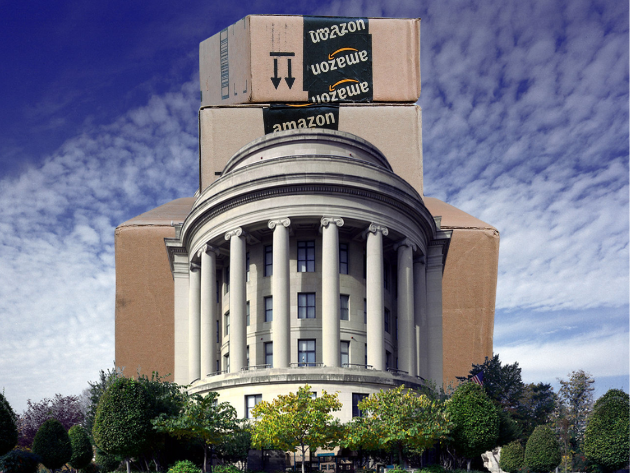A federal judge in Seattle has granted in part and denied in part Amazon’s motion to dismiss a landmark antitrust lawsuit filed by the U.S. Federal Trade Commission against the e-commerce giant. The judge agreed to split the case into two stages, with the court first determining Amazon’s liability and then deciding on legal remedies if the company is found liable. The specific details of the ruling are not yet known as the order was filed under seal pending review by Amazon and the FTC to determine what information should be redacted before the public version is released, which will likely take a couple of weeks at least.
Amazon had requested a complete dismissal of the FTC case in its motion, however, the judge did not grant the full dismissal, leading to cautious optimism within the company. Both Amazon and the FTC are refraining from commenting on the case for the time being. The complaint by the FTC and 17 state attorneys general, filed in September, accuses Amazon of utilizing its monopoly power through anticompetitive and unfair strategies that harm rivals, sellers, and shoppers by preventing price reductions, degrading quality, overcharging sellers, stifling innovation, and hindering fair competition.
One of the key points of contention in the case is the FTC’s interpretation of an Amazon initiative called “Project Nessie”, which the agency claims was a ploy to increase prices. Amazon refuted this claim, stating that Nessie was actually aimed at preventing price matching from causing prices to become unsustainably low. Amazon defended the initiative and stated that Nessie has been discontinued. The unsealing of the order will reveal whether the judge agrees with the FTC’s interpretation of Project Nessie and will determine which aspects of the case will proceed to the next phase.
The outcome of the ruling is being viewed as a partial victory for Amazon, as the company has been spared a full dismissal of the case. The court’s decision to split the case into two stages will enable a more thorough examination of Amazon’s liability and potential legal remedies. Amazon’s disagreement with the FTC’s accusations of anticompetitive behavior will now be scrutinized further by the court. The details of the ruling will be disclosed once the order is unsealed, allowing for a clearer understanding of the judge’s reasoning behind his decisions in the case.
The processing of the ruling involves a collaborative effort between Amazon and the FTC to determine which parts of the order need to be redacted before being made public. Both parties have until October 14 to file a joint statement outlining any redactions that should be made in the public version of the order. The imminent release of the unsealed order will shed light on the court’s evaluation of the FTC’s claims against Amazon and will dictate the course of the case as it moves forward. The significant implications of the ruling make it a closely watched and contentious legal battle that will have far-reaching consequences for Amazon and the broader e-commerce industry.















